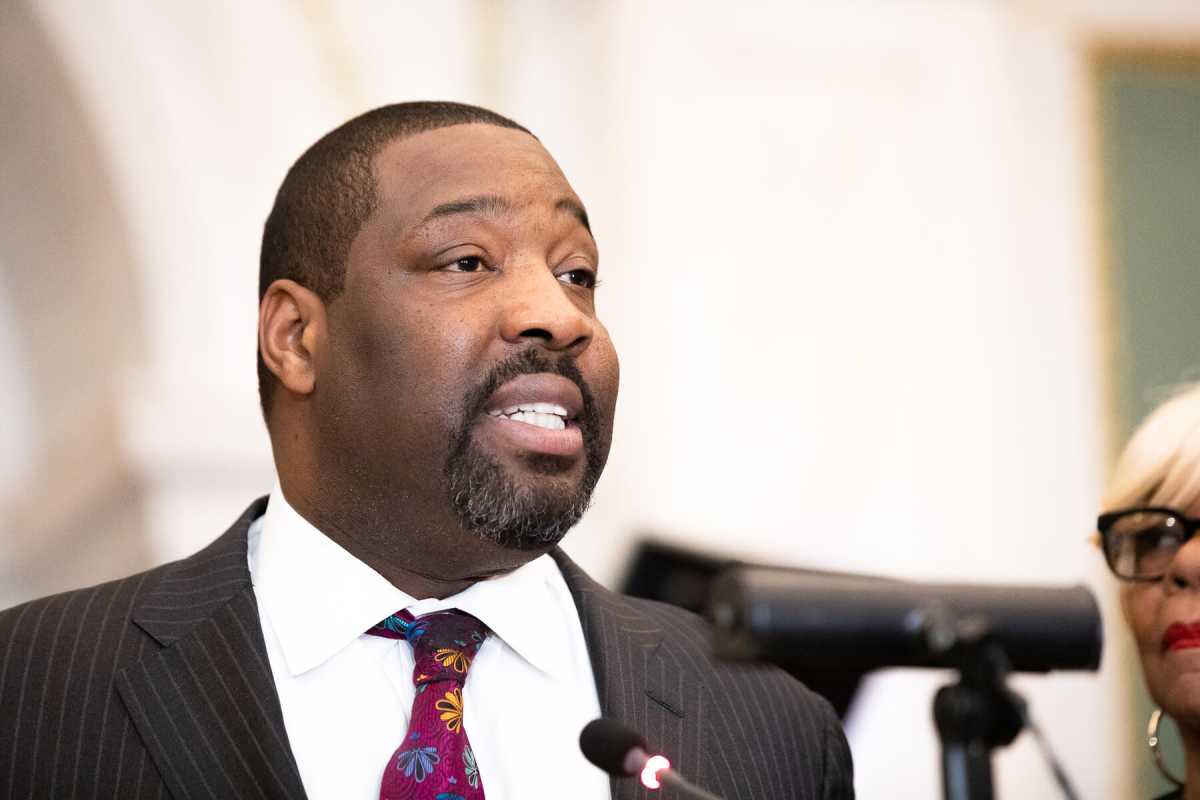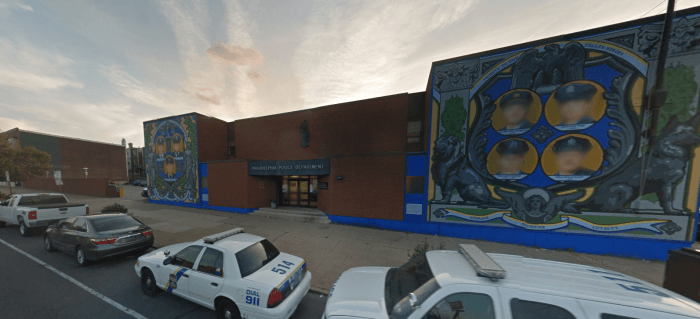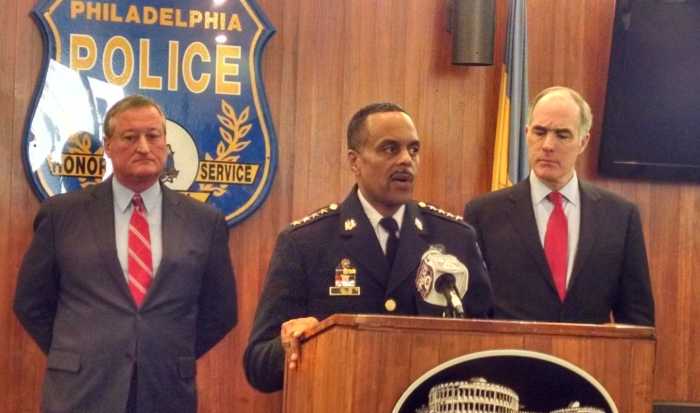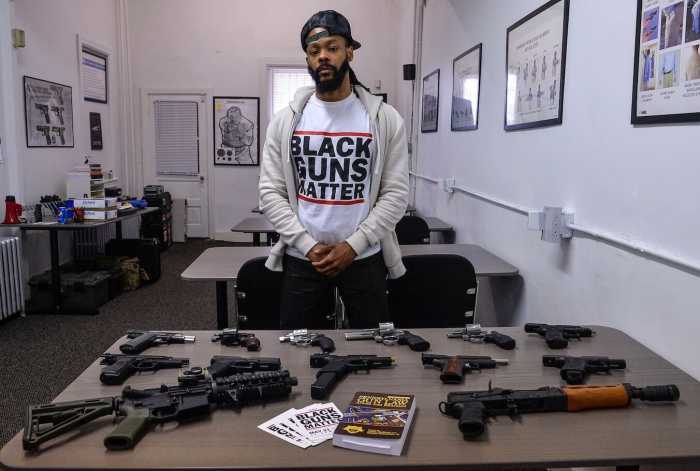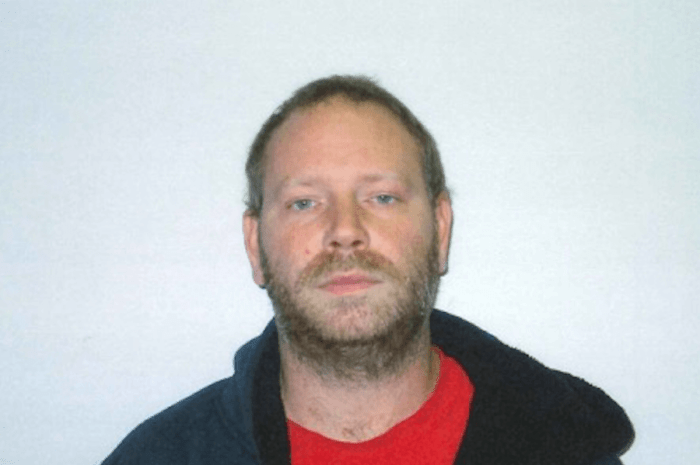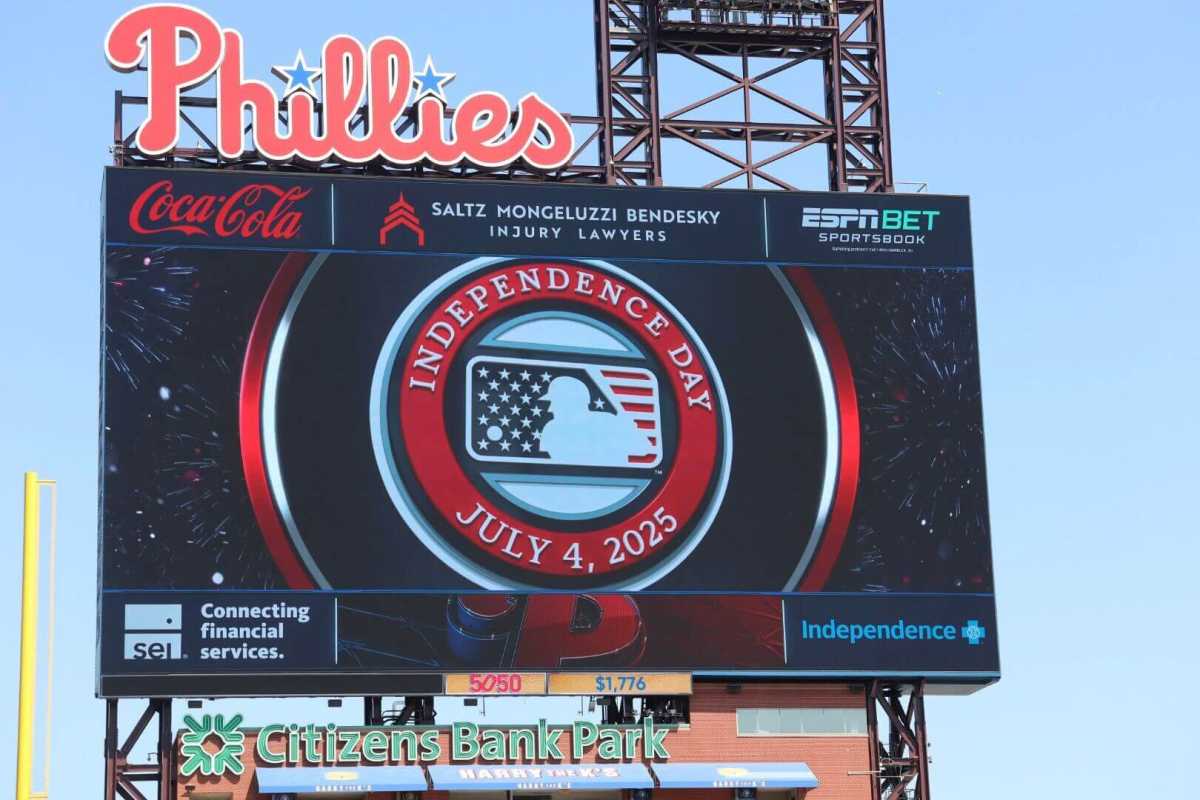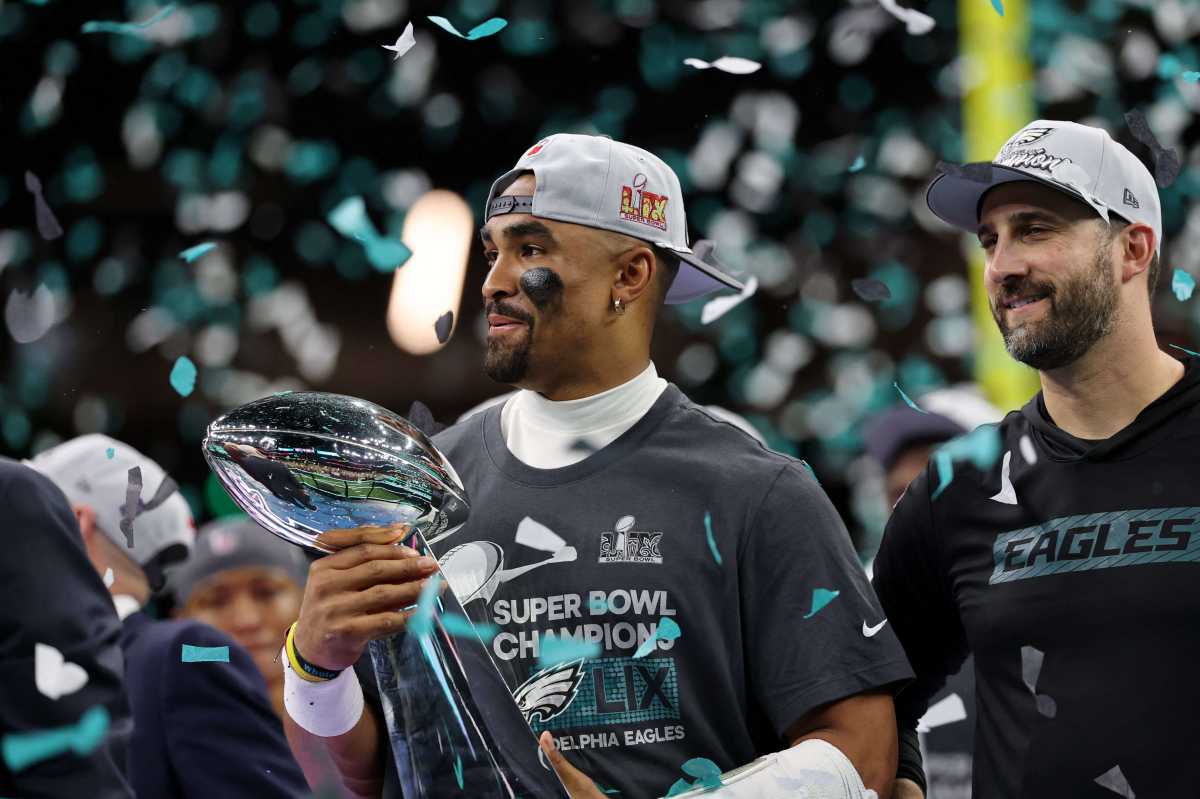City Council members are requesting that the Bureau of Alcohol, Tobacco and Firearms analyze how guns are flowing through Philadelphia, amid a 30% spike in the city’s murder rate.
The letter, signed by nearly every member, coincided with the second day of emergency hearings about gun violence, where some on the council expressed frustration about a perceived lack of urgency and effectiveness regarding the city’s anti-violence initiatives.
During the virtual meeting, an 18-year-old man was shot once in the left hand just before 1 p.m. on the 2700 block of N. Lawrence Street in North Philadelphia.
And on Tuesday night, officers found 30-year-old Desmond Sermons stabbed to death inside the dining room of a house on the 6100 block of Master Street in West Philadelphia. He was the city’s 260th murder victim this year.
Councilman Kenyatta Johnson, who penned the ATF letter, asked the federal agency to provide information about how guns used in crimes are circulating in the city.
He requested data on straw purchases, people who are acquiring guns without background checks and firearms recovered without serial numbers. In addition, the letter questions whether a boost in gun sales during the pandemic could be causing an uptick in violence.
“We are in a state of emergency as it relates to gun violence here in the city of Philadelphia,” Johnson said during Wednesday’s hearing.
“As elected officials, we not only have a responsibility to address this issue aggressively but most importantly a moral obligation to make sure our children are safe, our women are safe and the whole city of Philadelphia is safe,” he added.
In January 2019, Mayor Jim Kenney’s administration rolled out its “Roadmap to Safer Communities,” a 32-page plan to reduce gun violence.
Council members on Wednesday demanded officials provide metrics and specifics about elements of the strategy. Not everyone was happy with the answers.
“It just feels like there is no plan,” Councilwoman Cindy Bass said.
Officials have admitted that the novel coronavirus pandemic has hampered the city’s ability to implement social services targeting those most at-risk for being perpetrators and victims of shootings.
“We know that we’re not there,” said Theron Pride, of Kenney’s Office of Violence Prevention. “We’re not pleased at all with the progress.”
He said Group Violence Intervention, a major part of the plan, presents a real opportunity to make progress. It was launched Aug. 1.
The method utilizes community members and outreach workers in an attempt to connect with the relatively small groups of people who are responsible for most of the shootings. A majority are black men between the ages of 16 and 34, Pride said.
They are offered job opportunities and other resources to get off the street, and there are strict consequences if the violence doesn’t stop.
However, the Office of Violence Prevention has said GVI is “not a heavy-handed law enforcement approach to the problem.”
It is beginning with a $750,000 budget, and officials are expecting the state to kick in another $500,000.
Council members have made it clear that they want to see benchmarks and data showing GVI and other approaches are effective.
Johnson said he is already in the process of planning follow-up hearings to this week’s meetings to bring officials back in to answer questions.



